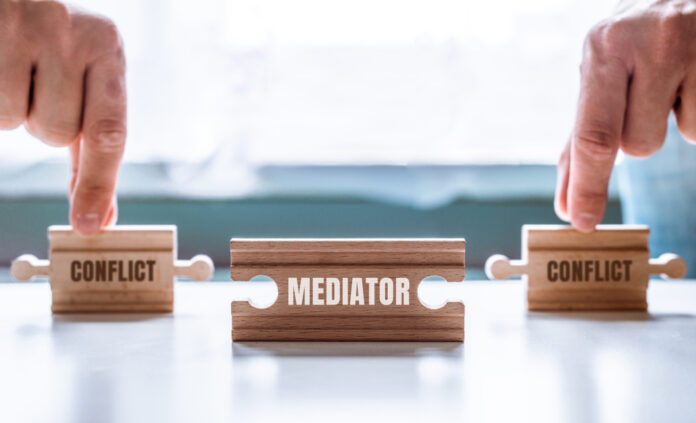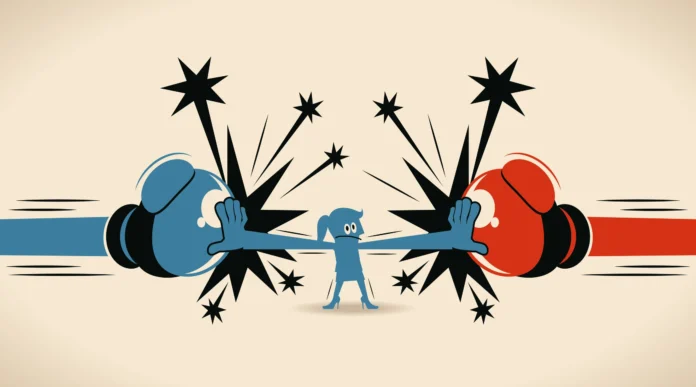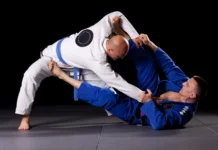
Disputes are a widespread issue in the life of sportspeople. While playing a fair game is required in every professional sport, disputes still happen. And when they become too difficult to avoid, the process of deciding disputes can take on several forms.
For example, you can go to court and settle the dispute within the legal framework. You can also go for arbitration, where a third party acts as the judge and decides considering existing evidence. Unfortunately, both court and arbitration proceedings take time and money, making them inefficient when resolving sports disputes before the start of a season.
However, there is another solution for resolving sports disputes – mediation, which is often productive in settling all kinds of sports. Even the curots order the parties to mediate if they have not done it before filing their case. And this method is proving impactful in other types of disputes, such as conflicts related to commercial and family law.
What is mediation?

Mediation is a type of dispute resolution where a third party, a mediator, facilitates the negotiations for settling two parties to resolve their dispute. The settlement must be mutually accepted to be legally acceptable by law.
Mediation begins with exchanging position statements between the two parties and the mediator. A position statement refers to a document that details your dispute narrative. Once position statements are exchanged, a day is decided.
On the day of this, the mediator holds a joint meeting with both parties, where they give their position statements once more for clarity. The mediator then has confidential discussions with each side to further understand their point of view and suggest potential settlements.
If the mediator’s efforts result in reaching a settlement, it is formalized in a settlement agreement that both parties and the mediator sign. This document gets signed on the day of the settlement; however, in some cases, it may take a few days for the parties to sign it.
While mediation is an informal process, it still involves some distinct stages.
- Stage one – is the mediator giving an opening statement where they introduce every stakeholder and lay out the rules and process of mediation.
- Stage two – is each party in the dispute giving their position statements where they lay out their narrative. During this stage, the speaker may not be interrupted by anyone.
- Stage three – is a joint discussion between the disputants and the mediator. The mediator facilitates a discussion on the position statements to reach a compromise.
- Stage four – is a private meeting of the mediator with each party. The mediator will privately discuss the dispute with each party and suggest potential resolutions until a settlement is reached. Otherwise, stage four is the time for the end.
- Stage five – is the joint negotiation between the parties where they decide the settlement terms.
- Stage six – is closure. The settlement agreement is written and signed in case of a successful settlement.
In case of an unsuccessful settlement, the mediator discusses whether continuing negotiations would be fruitful with the disputants.
What exactly is the role of the mediator?

A mediator is not a judge – they would not decide the outcome of this. They do not have any power to impose a settlement. Instead, a mediator merely facilitates negotiation between the disputants. The mediator’s job is to make each side see the strength and weaknesses of their case and understand the other side’s narrative to reach a solution.
While a mediator may suggest a settlement, this cannot be accepted by law until all parties do not agree to the proposed terms.
Why should I choose mediation over other dispute resolution methods?
Sports disputes could be resolved in a court; however, that is a lengthy and time-consuming procedure and costs much money for all parties involved. Most sports disputes are resolved through arbitration, in which a neutral third party, such as FIFA’s Dispute Resolution Chamber, passes a judgment that all parties must accept.
Arbitration is efficient and provides for confidentiality – however, arbitration is still costly and could drag on. Mediation is different from arbitration as the mediator does not pass a judgment; they just help the parties to negotiate a settlement that they can mutually agree upon. This saves much time as procuring evidence and gauging its quality is not a factor in mediation. Mediation also retains the benefits of arbitration – it maintains confidentiality and is efficient.
Do all cases of mediation result in a settlement?
A settlement is not guaranteed in mediation. Neither party may agree to a settlement despite the mediator’s best efforts; however, most sports mediation cases still end up in a settlement. An audit done by The Center for Effective Dispute Resolution in July 2018 revealed that 74% of the cases they mediated settled on the day of this, while 15% settled shortly afterward. Only 11% of the cases stayed unresolved despite mediation – that is a 9 in 10 chance of mediation resulting in settlement.
However, even if your case is the unlucky 1 in 10, mediation would still positively impact the dispute as it allows for the unbiased opinion of the neutral mediator and enables both parties to better understand the other party’s side of the story.
Is mediation possible in every sports dispute?

Mediation is a good solution for a vast majority of sports disputes. The only sports disputes where mediation would not be appropriate are disciplinary cases, where regulating bodies of the respective sports need to impose sanctions or bans due to grave violation of sports rules. However, mediation also helps whenever a speedy resolution is required or when the parties at dispute will get ready to counter the arguments of each other in a neutral discussion. If you need more information about this, please visit sportsmediationservice.org.nz.
What is the future for mediation in sports?
There is an increasing demand for a cost-effective, speedy resolution of disputes in sports, so we can expect to see mediation becoming mainstream. Mediation could be referred to as a potential solution by sports tribunals in less severe cases. Sports contracts are also likely to include dispute resolution through mediation in the clauses.








